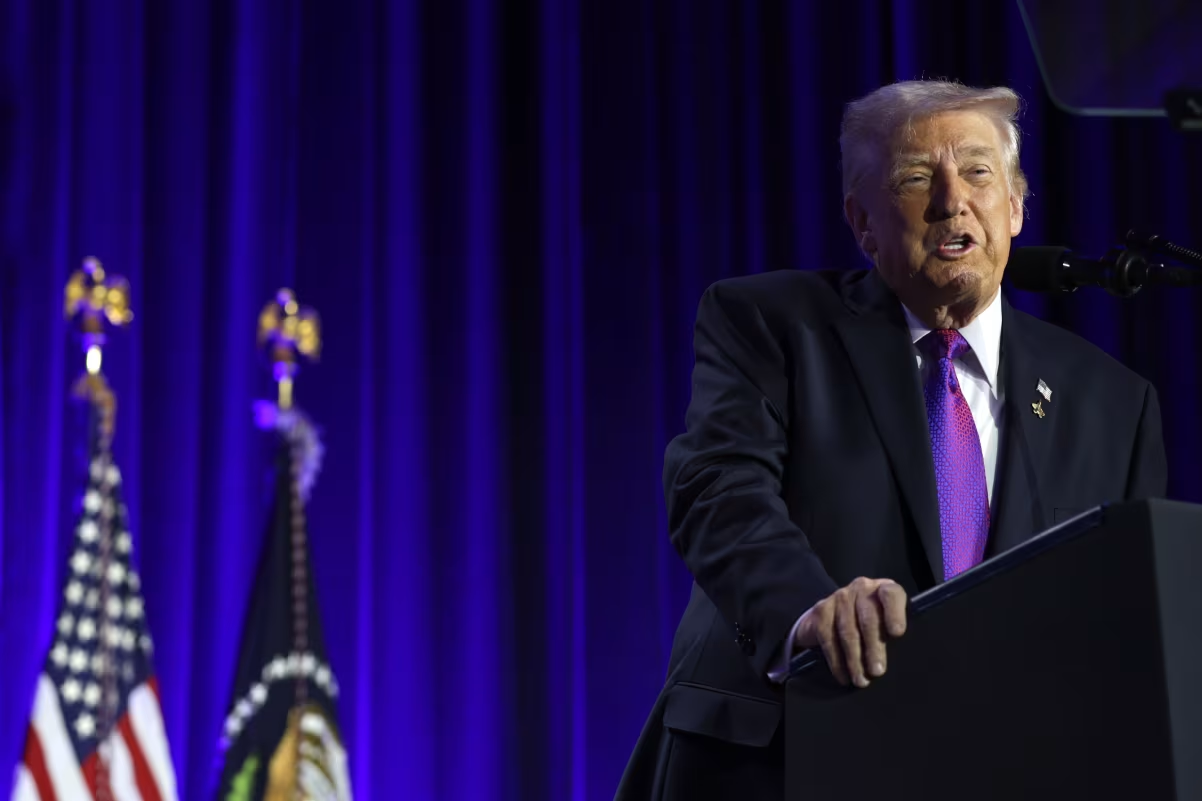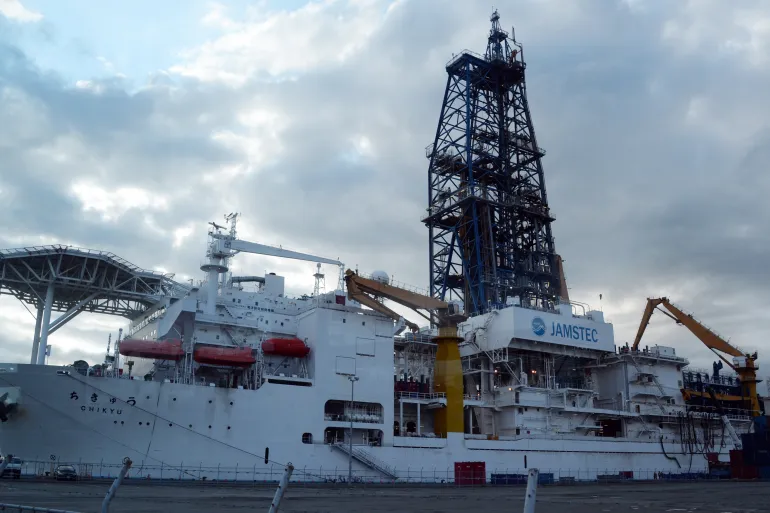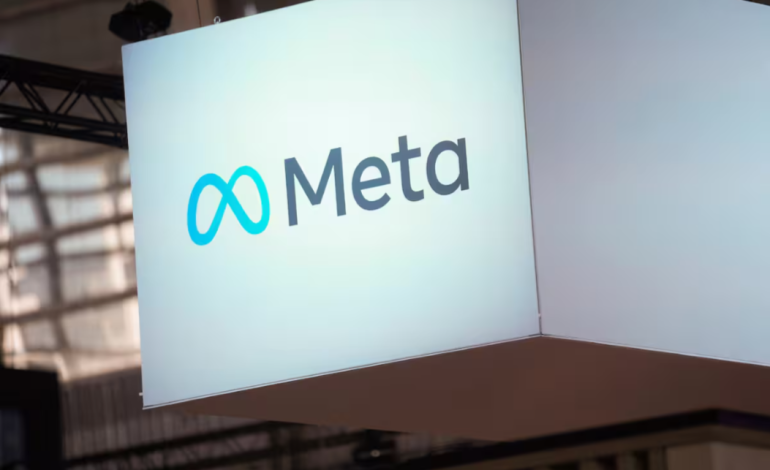Meta Platforms is poised to make one of its largest-ever strategic investments by acquiring a 49% stake in artificial intelligence data firm Scale AI for approximately $14.8 billion, according to a person familiar with the matter.
The deal, expected to be announced as soon as Wednesday, reflects Meta’s intensifying push to accelerate its efforts in the competitive field of advanced AI development.
As part of the arrangement, Scale AI’s CEO Alexandr Wang is expected to take on a senior role at Meta, where he will lead a team focused on developing “superintelligence”—a concept describing AI systems capable of outperforming humans across a broad range of tasks.
Meta’s investment underscores CEO Mark Zuckerberg’s ambition to catch up to rivals such as OpenAI, Anthropic, Google, and Microsoft, which have taken the lead in generative AI. In recent months, Meta has faced challenges in maintaining momentum, including delayed model rollouts and key staff departures. The company is now reshaping its AI strategy with new leadership, internal reorganization, and targeted investments.
Meta is already a customer of Scale AI, which has evolved from a provider of human-labeled training data to a firm supporting later-stage AI development, including fine-tuning models for specific domains like healthcare and defense. The acquisition is expected to strengthen Meta’s access to these capabilities.
Founded by Wang, Scale AI gained prominence by supplying labeled datasets crucial for training machine learning models. The company initially worked heavily with self-driving car firms and has since diversified to serve broader AI sectors. Its Outlier AI platform currently lists roles for expert contractors in fields such as biology, chemistry, and voice training in multiple languages.
Though Scale AI will reportedly maintain its operations, Wang and some of his top team are anticipated to integrate into Meta to lead new initiatives. This deal aligns with a broader trend of tech giants acquiring stakes in AI startups to secure talent and intellectual property without full buyouts. Microsoft, for example, recently structured a similar deal with Inflection AI to acquire its CEO and key personnel, while Google struck a licensing and talent deal with Character.ai.
Meta’s move could attract scrutiny from regulators. Although antitrust authorities under the Trump administration have been cautious about aggressive AI regulation, some experts say Meta’s growing influence in the space may eventually raise competitive concerns. The Federal Trade Commission has already maintained legal pressure on Meta over past acquisitions, including Instagram and WhatsApp.
Former FTC Chair William Kovacic noted that any investigation into the Scale AI deal would likely depend on whether Meta is deemed a dominant force in the AI industry.
“Meta is not seen as the leader in the development of artificial general intelligence—it’s trailing the field,” he said.
Still, the investment reflects Meta’s determination to close the gap. In addition to Wang’s hiring, Meta has launched initiatives to recruit top AI talent with generous compensation offers and has made its Llama family of AI models open-source, gaining credibility in some research circles.
Yet recent setbacks have slowed momentum. Meta’s newest large-scale model, known internally as “Behemoth,” has been delayed, and its AI assistant app has seen modest consumer uptake. As of this week, it ranked 17th in the productivity category on Apple’s App Store.
The AI field remains fast-moving, with increasing competition and growing investment in computing infrastructure and data centers. Meta’s substantial stake in Scale AI may represent not just a strategic pivot, but a statement of intent to remain a key player as AI development pushes toward superintelligence.
The Washington Post and Axios contributed to this report.










The latest news in your social feeds
Subscribe to our social media platforms to stay tuned